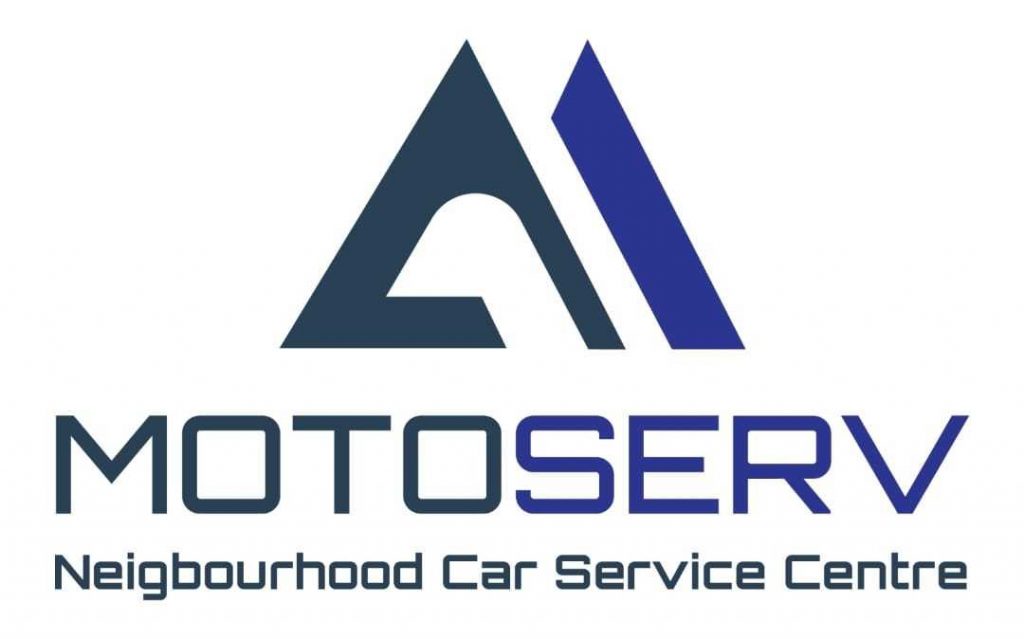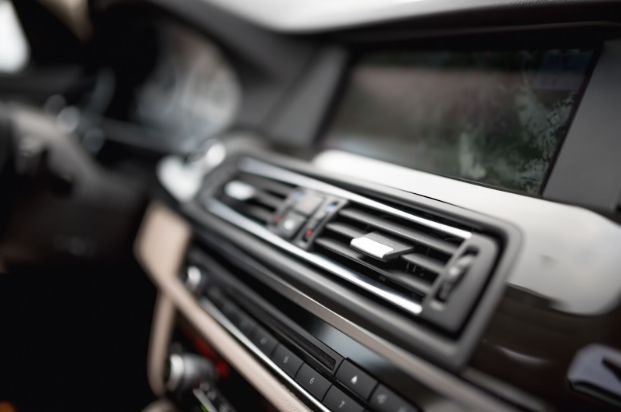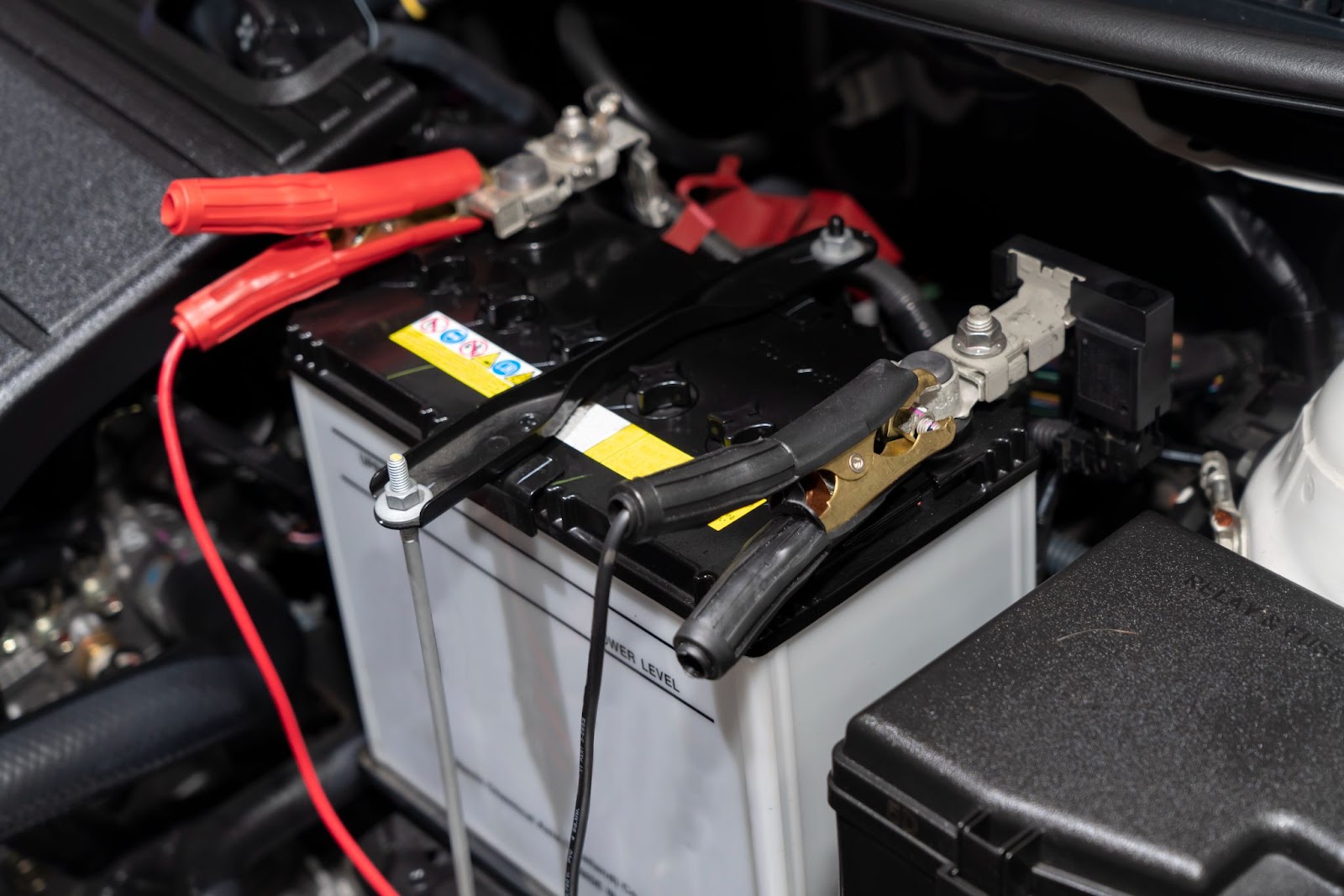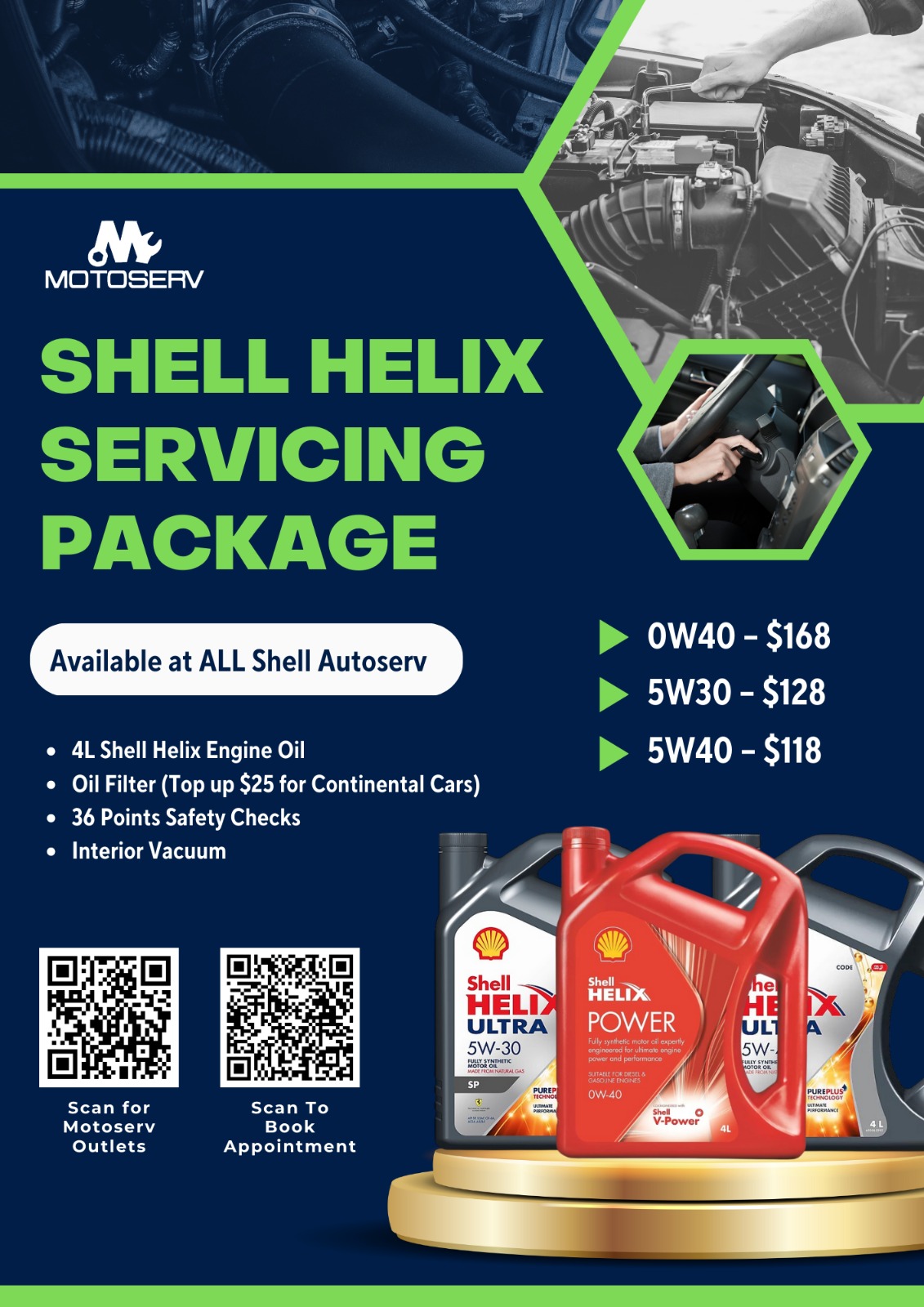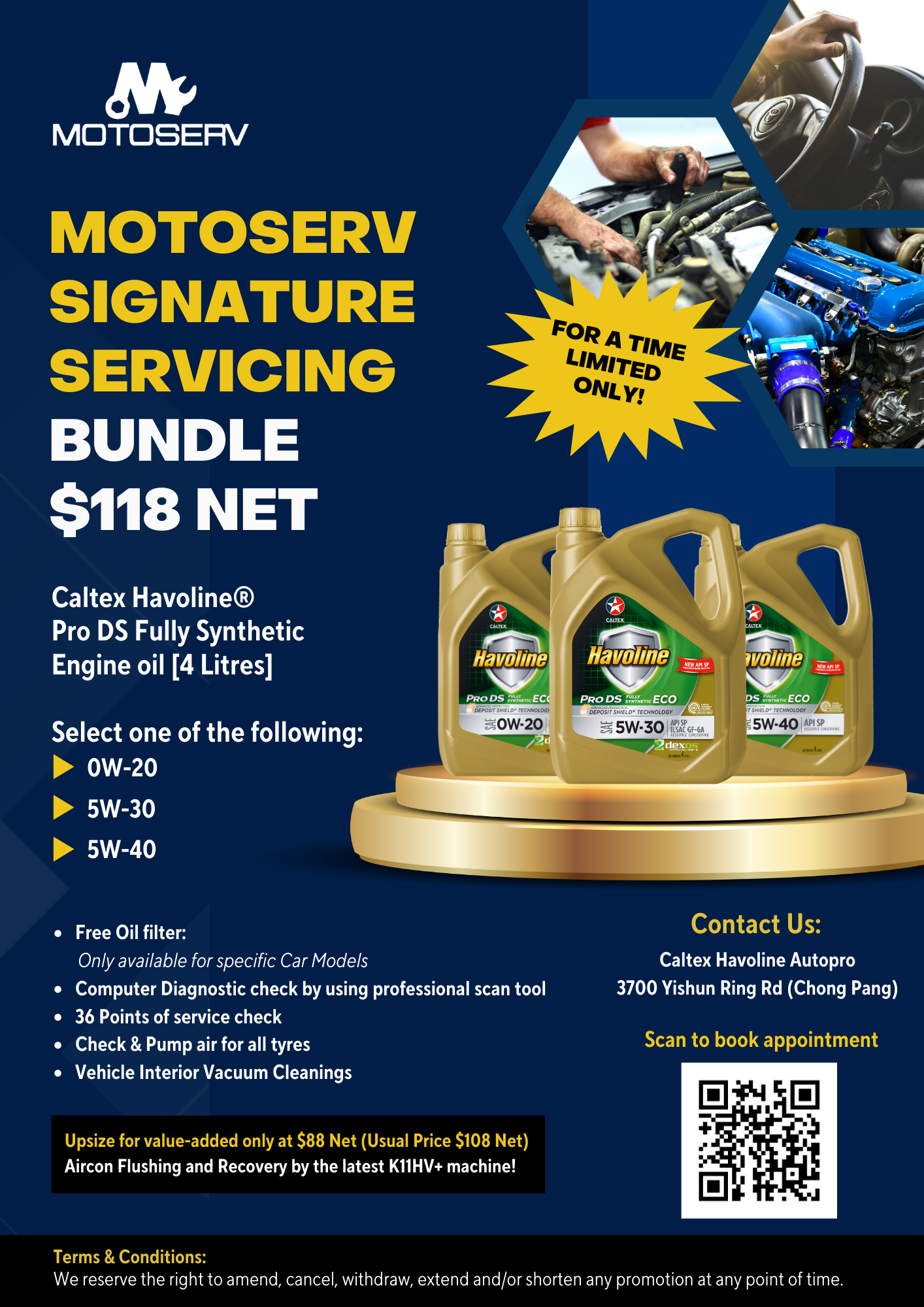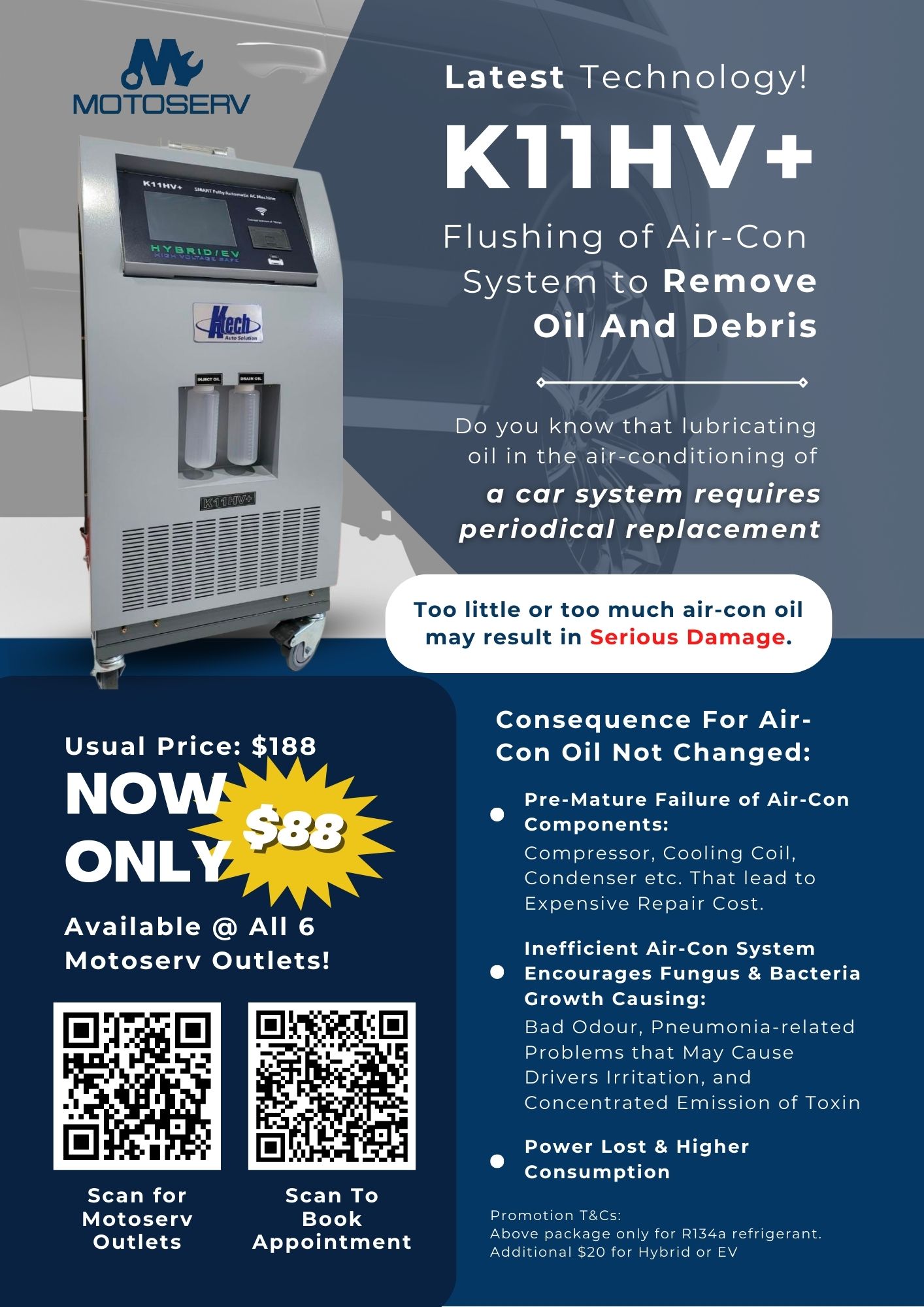A car service will keep your vehicle in tip top condition. Typically, cars should be serviced every 10,000 kilometres. But did you know that each mileage has specific maintenance requirements? That’s why service centres keep a close eye on your mileage log or service history.
It gives us a better idea of what should be done according to your car’s mileage. Here’s a closer look at car services at every mileage:
10,000 Kilometres – 20,000 Kilometres
Your car is relatively new at this stage. We’ll usually do an oil change to keep your engine running smoothly. A filter change might also be necessary depending on your car model. This will ensure no debris or particles are affecting the oil performance.
These changes are easy to perform and you can do them on your own. Nonetheless, it’s highly recommended to have a qualified technician at your disposal. We have the tools and expertise to ensure a proper service.
With that said, a tire rotation and wheel alignment might also be carried out. A tire rotation ensures even tire wear while a wheel alignment keeps your car travelling straight.
30,000 Kilometres – 40,000 Kilometres
Your car has been on the road for a while now and a simple oil change will not suffice. Car brakes start to wear once they hit the 20,000 mark, so a brake inspection must be performed.
We’ll replace worn-out brake pads and adjust the brake system to maintain effectiveness. Some breaks might be more sturdy than others and a regular inspection may be enough. Keep in mind that squealing noises are an indication of worn-out brakes pads.
50,000 Kilometres – 60,000 Kilometres
30,000 is a significant milestone in your vehicle’s lifespan. A car service becomes more important than ever and missing a routine inspection can cause problems down the road. At this stage, your vehicle requires more than just the basics to keep it running smoothly.
A fluid levels check will be performed to ensure the longevity of your vehicle’s components. A coolant flush might also be necessary depending on your vehicle and coolant type.
This will keep the coolant clean, preventing blockages that could lead to engine failure. We’ll even conduct a spark plug replacement if we see signs of wear.
80,000 Kilometres – 90,000 Kilometres
You’ve hit another milestone in your car’s maintenance schedule. The 50,000 mark is called the “mid-life check-up”, a phase where major issues start to creep up. This is the time to replace brake pads, install new fuel filters, and drain transmission fluids.
A suspension inspection will be performed to ensure the springs, shocks, and struts are in good condition. This can help avoid accidents when you’re taking a sharp turn or driving on rough roads.
We’ll also check all the belts, valves and hoses for any wear and tear. Replacements will be made if necessary, ensuring your engine is cranking correctly.
140, 000 Kilometres – 150,000 Kilometres
You’ve finally hit the six figure range, a perfect time to replace spark plugs and change fluids. Spark plugs will prevent misfires while a fluid change will ensure a well lubricated system. This will help maintain engine performance and prevent breakdowns.
We’ll also conduct a timing belt replacement to keep your engine running smoothly. Last but not least, a battery check and replacement will be performed to ensure your car is operating at full capacity.
Beyond 150,000 Kilometres

Your car has been through thick and thin, a significant achievement in your service history. However, the more mileage you clock in, the more care your vehicle will need.
In addition to all the services provided by your service centre, it’s crucial to conduct your own inspections and preventive maintenance. Here are car maintenance tips you can perform at home:
- Regular Fluid Checks: Routinely check the levels and condition of essential fluids. This includes engine oil, coolant, brake fluid, and windshield washer fluid. Look for any signs of leaks or contamination and change fluids as needed.
- Inspect and Replace Air Filters: Check the engine air filter and cabin air filter regularly. A clogged air filter can affect engine performance and fuel efficiency, while a dirty cabin filter can impact air quality inside the vehicle.
- Monitor Tire Health: Examine your tires for signs of wear. This includes uneven tread or bald spots. Ensure they are properly inflated to the recommended pressure.
- Check Battery and Electrical Connections: Inspect the battery terminals for corrosion and clean them if needed. Ensure the battery is securely mounted and test it periodically to avoid unexpected issues.
- Examine Belts and Hoses: Inspect belts and hoses for cracks, fraying, or signs of wear. These components are crucial for the proper functioning of your vehicle’s engine and cooling system.
Conclusion
Give your car the attention it deserves and it’ll reward you with longevity and efficiency for years to come.
Trust MotoServ with your routine inspection and we’ll keep your car running at every milestone. Contact us to find out more.
